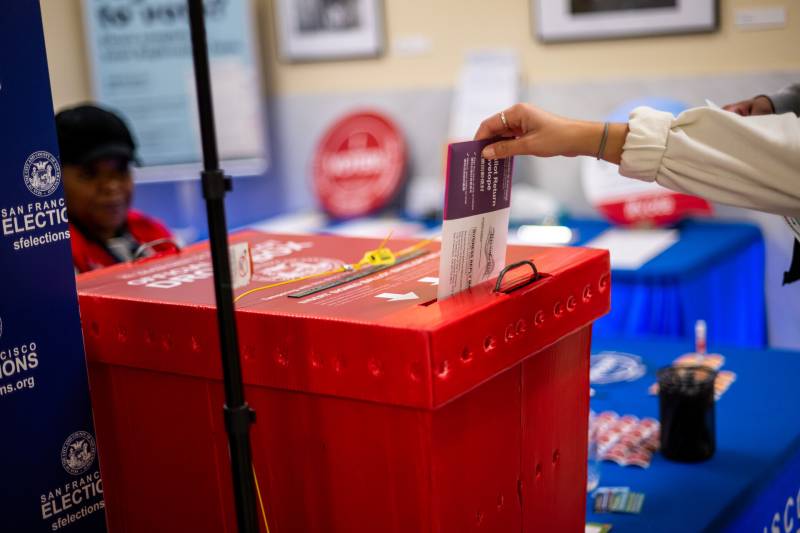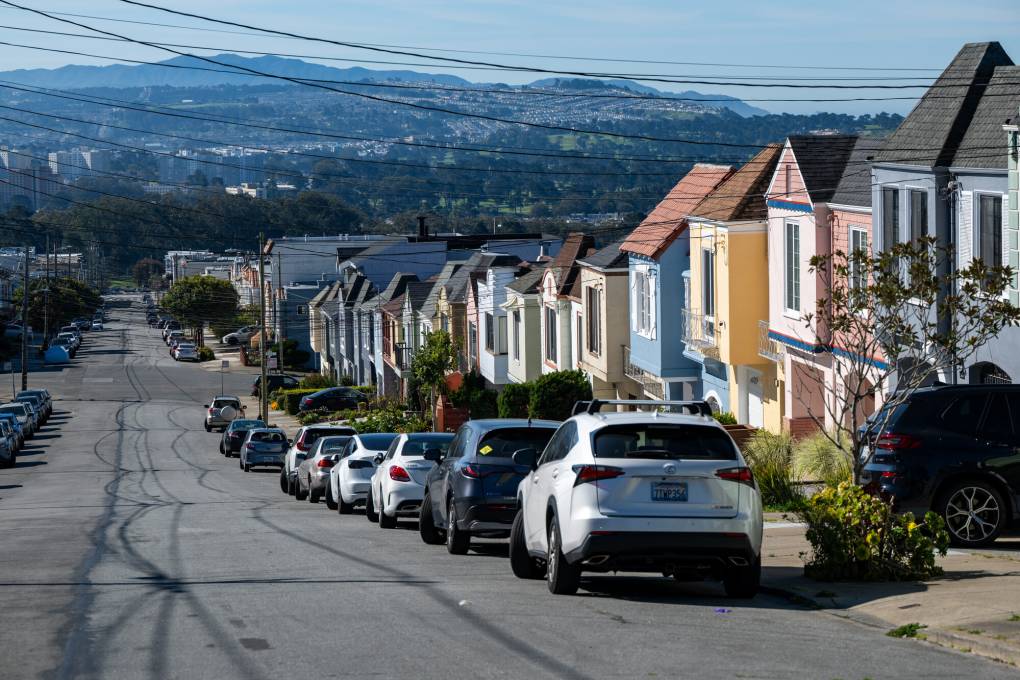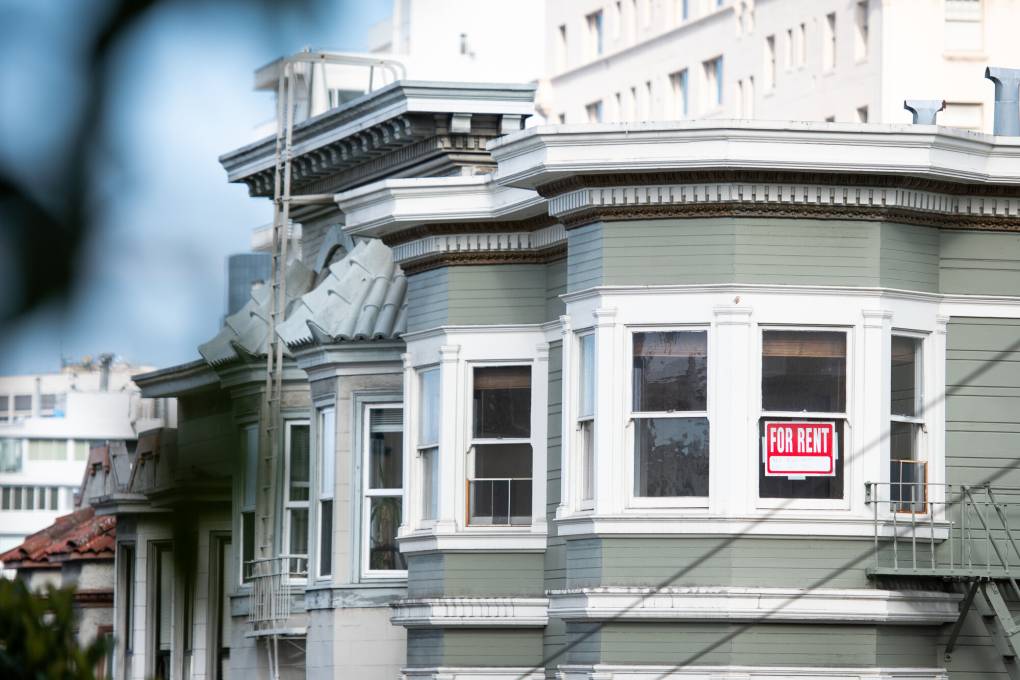Backers say rent control policies are needed to curb sharp increases that put tenants at risk of eviction. They say protections are especially needed now as more corporations snap up rental housing for profit. As of 2018, the U.S. Census Bureau found businesses owned nearly half of rental units.
“The market is out of whack. The government needs to step in and regulate it so there can be stability,” said Leah Simon-Weisberg, a tenants rights attorney and chair of the rent board in Berkeley.
Opponents nationwide say rent control increases costs for landlords, the majority of whom are mom-and-pop operations with a handful of units each. Restricting rents will spur disinvestment in rental stock and discourage construction of affordable housing.
“Decades of empirical research have shown this policy does not help the underlying cause of the housing shortage that we have now. If anything, it makes the housing challenge more acute,” said Ben Harrold, public policy manager at the National Apartment Association.
In Portland, Maine, 55% of voters approved a measure to slim down an existing rent cap, from 100% of the consumer price index to 70%. The proposal also dictates a host of other tenant protections, such as limiting security deposits to one month’s rent and requiring 90 days’ notice for a rent increase or lease termination.
A ballot measure in Pasadena to cap annual rent increases at 75% of the consumer price index had more than 52% of the vote late Tuesday, and the campaign declared victory. The campaign’s finance coordinator, Ryan Bell, said organizers went all-out to reach voters, but also, the timing was right.
“The pandemic really made it clear that people who are renting their housing are insecure by definition. Their housing could be taken away from them in some cities for no cause, and a massive rent increase is functionally an eviction,” he said. “There’s just more and more stories.”
Meanwhile, the rent cap overwhelmingly approved by voters in Orange County, Florida, is on hold. A court ruled it didn’t meet what it acknowledged was an “extremely high bar” set by a state law that requires a housing emergency be identified before a rent cap can be put in place.
Nearly 60% of voters approved the measure after rents that jumped 25% between 2020 and 2021 and another double-digit increase this year. The Board of County Commissioners in Orange County was scheduled to meet Thursday to decide whether to appeal.
Tenant advocates and landlords do agree on the need for more affordable housing, and cities and counties in Arizona, Maryland, Missouri, North Carolina, Texas and Ohio were among those that approved bond measures for more units, according to the National Low Income Housing Coalition.
In Colorado, voters approved a sweeping measure to set aside roughly $300 million a year for programs that curb homelessness and promote affordable housing. But in Denver, where Zillow data shows that median rental prices jumped $600 in two years, 58% of voters rejected a $12 million proposal to expand free legal counsel for all tenants facing eviction.
The eviction fund would have been financed by a $75 annual fee on landlords.
For Drew Hamrick, vice president of government affairs for the Apartment Association of Metro Denver, the opposing argument “that resonated the most was that this $12 million tax was going to end up being paid for by the consumer regardless of what political outlook you have.”



